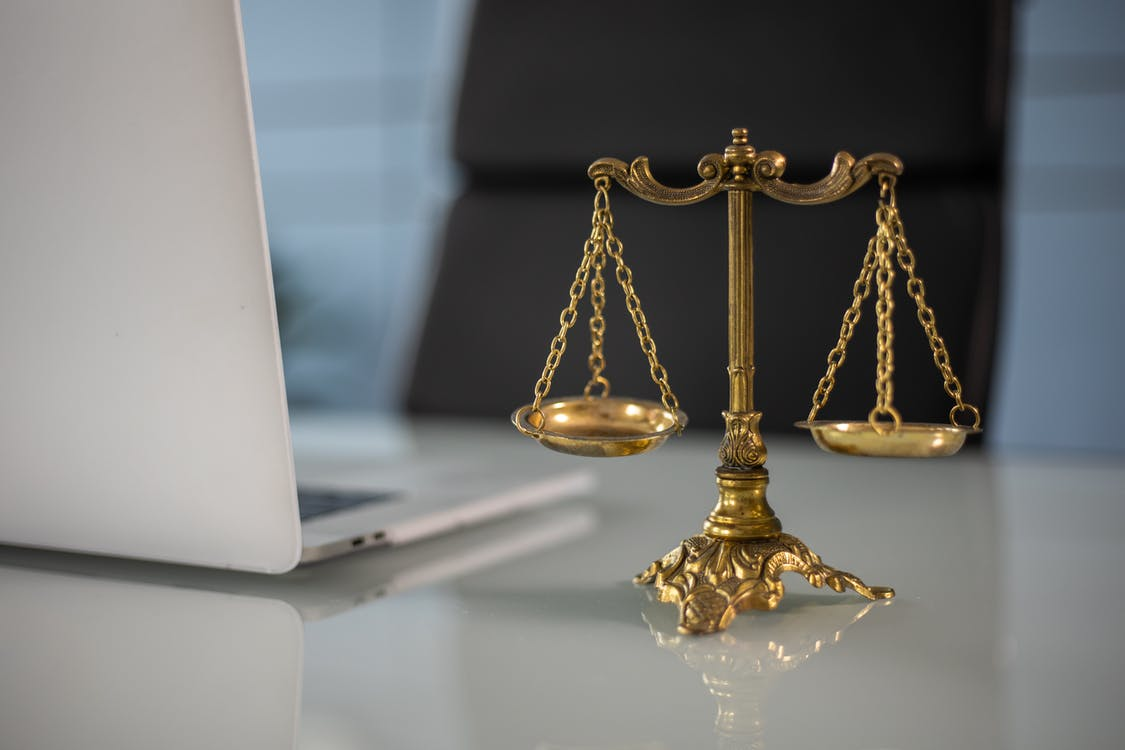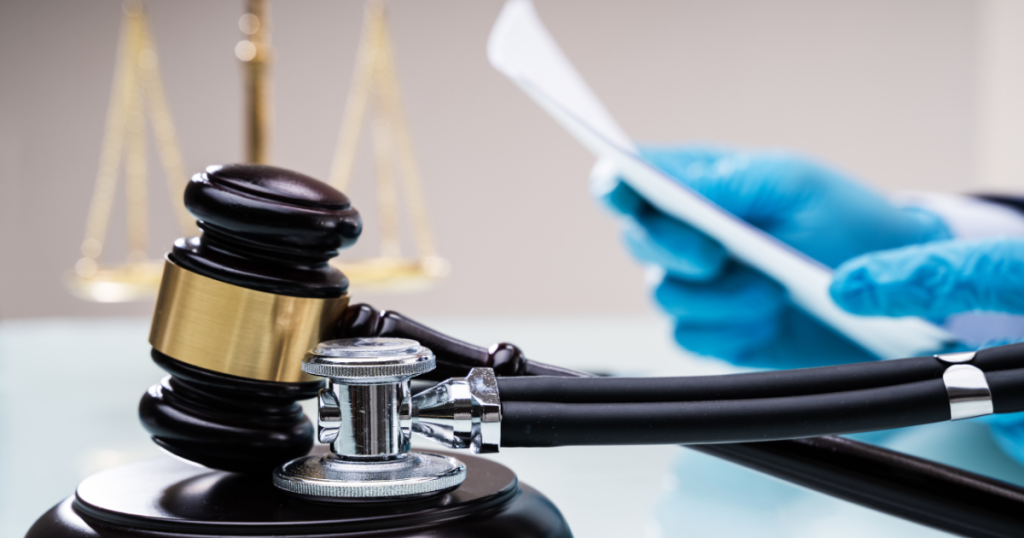Now Reading: 7 Reasons Why Personal Injury Cases Tend to Win in Court
-
01
7 Reasons Why Personal Injury Cases Tend to Win in Court

7 Reasons Why Personal Injury Cases Tend to Win in Court
A personal injury case is when a person has been injured due to someone else’s actions or inaction. Injury cases can be an uphill battle, often difficult to fight without legal assistance. Still, personal injury cases can win in court if strong evidence supports the victim’s claim.
1. The Plaintiff’s Injury Was Not Their Fault
For starters, the plaintiff must correctly identify the at-fault party. Furthermore, they must argue why the defendant is responsible for the accident that caused their injuries. The details of the incidents are crucial to establishing the outcome.
For example, a person getting hit by a car crossing the street may be found negligent by law because they were not taking the proper safety measures, like looking both ways. However, if the person who hit the pedestrian lost control of the vehicle because they were texting while driving, the plaintiff’s case might hold up in court.
2. The Defendant Caused the Plaintiff’s Injuries
For a personal injury case to be successful in court, the plaintiff must identify the at-fault party. This can be a difficult task sometimes. However, a personal injury attorney can be of great assistance at this stage.
3. The Defendant Knew About the Danger
If the person who caused the plaintiff’s injuries saw or should have seen that there was a dangerous situation and did nothing to fix it or change it, the court will likely side with the plaintiff.
For example, if a shopper suffered an injury at the local mall, hit by a detached ceiling piece, they may file for compensation. If the property owner was aware of the poor condition of the ceiling and did nothing to fix it or warn people, they may be found liable for the accident.
When dealing with a personal injury case, you should know your legal rights. To increase the chances of a successful outcome of your case, contact personal injury lawyers in Virginia. Legal experts can help you build a strong case and secure fair compensation for your injuries.
4. The Injuries Are Severe
The more serious the victim’s injuries are, the more likely the case will be successful in court. If a person lost a limb or was in a permanent coma, their case would be easier to win than someone who just suffered some scratches to their arm. However, you should note that all injuries are worthy of compensation.
5. The Defendant Did Not Have a Good Defense
The defendant must counter the plaintiff’s argumentation with convincing and reasonable evidence. If there is no reasonable defense for the defendant, it will be easier to win the case against them. An example of this would be if there was a car accident and the plaintiff proves that the driver who hit them was intoxicated.
6. The Defendant Has a Criminal History
If the defendant has a history of criminal behavior, the plaintiff can use this information to their advantage. An example of this would be if a driver hits a pedestrian in a parking lot and had a drunk driving conviction on record.
Your legal team can conduct a background check on the defendant and hopefully uncover the information they can use to your advantage. Past convictions can tarnish the reputation of the defendant and harm their credibility. This can go a long way with jurors.
7. The Judge or Jury Is on the Plaintiff’s Side
It is your legal team’s job to gather convincing evidence to support your claim. However, you need more than cold facts to win. It is crucial to weave the information gathered into a cohesive and compelling narrative.
Final Thoughts
If you were injured in an accident caused by the negligence of another, you may file for compensation. While juries tend to be more sympathetic to victims, it is crucial to building a strong case to secure victory.
A skilled personal injury attorney can offer valuable guidance throughout the process and ensure you receive the compensation you deserve.

Growing up in a family where asbestos-related cancer, lawsuits, and attorneys seemed to be the main conversation topic for a few years left a mark on me. One powerful enough to nurture an unrelenting seek of truth and justice. I spent my teenage years volunteering in hospice centers and nursing homes, and I went to law school to learn how to defend the defenseless. I don’t want to become “just a lawyer” when I finish next year. I want to become a voice and an advocate for all those who need their rights protected. The articles I write for various legal magazines and online platforms are my way to inform, educate, and help people around me, just like others helped my family in their time of need.










